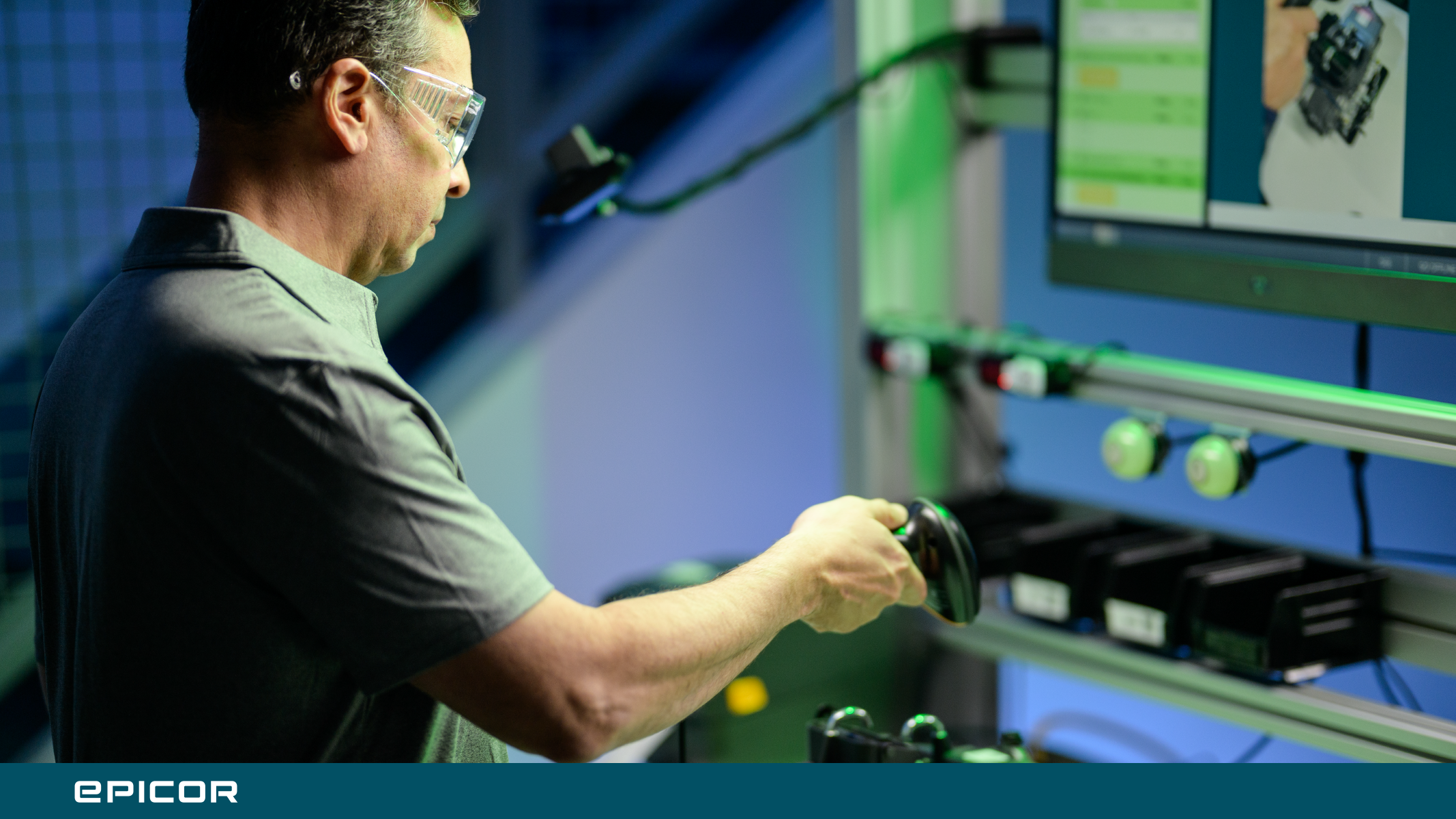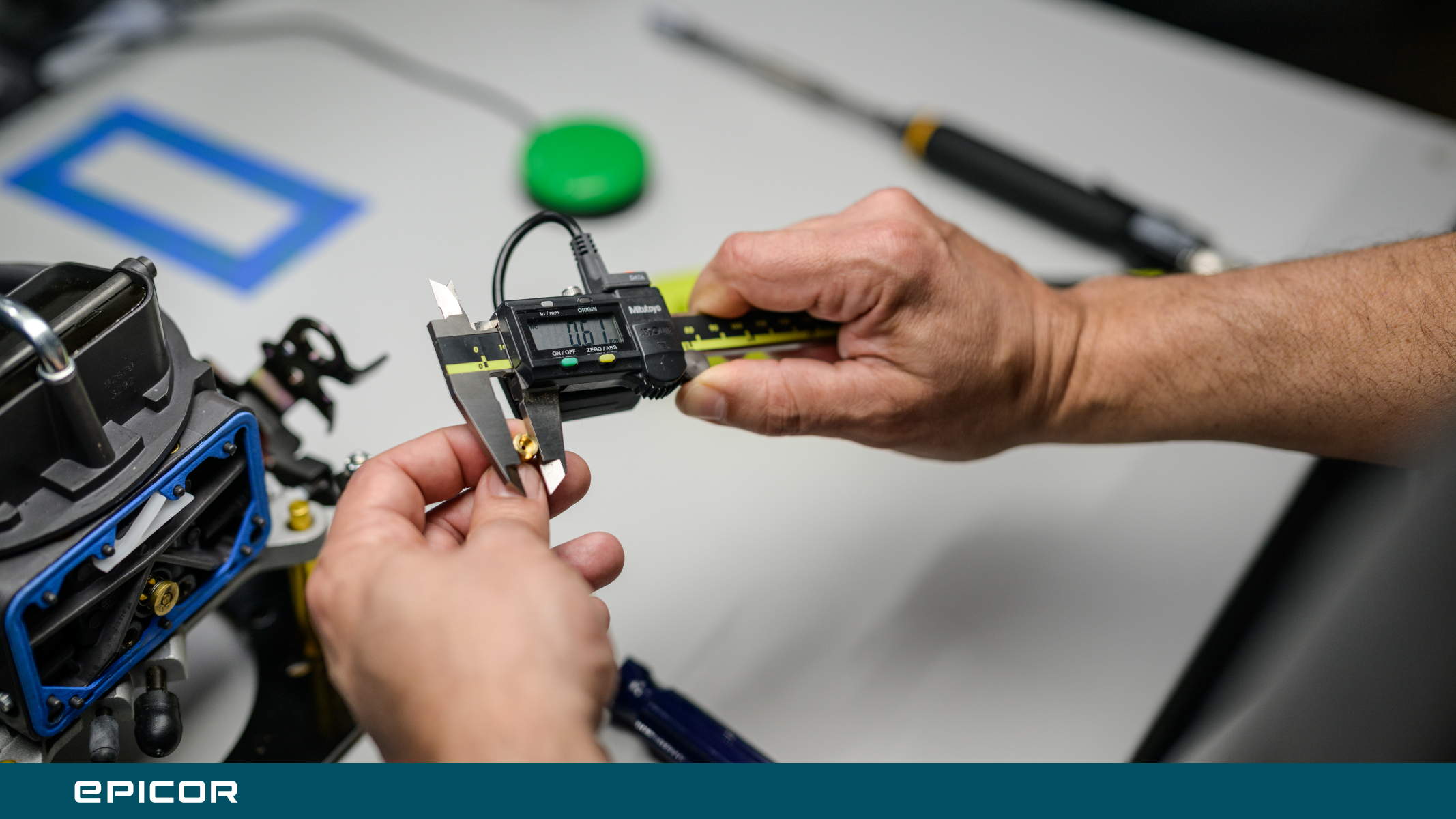Revolutionizing Manufacturing Training: Harnessing IoT Devices for Realistic Simulation
by Dan McKiernan, on Nov 13, 2023 5:12:24 PM

Traditionally, manufacturing training processes and protocols are a cost- and labor-intensive proposition that requires painstaking repetition and oversight for operators to master. The conventional method is to assign an experienced operator to oversee the training process, with trainees observing and then trying to emulate what they have witnessed. Not only is this traditional method slow and inefficient, but it also comes with the added inconvenience and expense of having experienced operators spending their valuable time training. The limitations of this “watch and do” approach highlight the need for more effective and engaging training solutions.
The IoT technology that powers connected process control solutions is not just a game-changer on the plant floor. New tech can be utilized to great effect in a variety of training applications. Modifying process control to deliver detailed and customizable step-by-step training walkthroughs is a significantly faster and more effective approach to training. Innovative and forward-thinking manufacturers are doing just that, creating dedicated training space for simulated training experiences that duplicates plant floor operations. Whether training a new hire or upskilling current employees, these dedicated training simulations provide hands-on digital guidance along with the kind of data-gathering and customization capabilities that makes training (and monitoring progress) dramatically more effective.
The role of IoT in training simulations
These new training environments are made possible with innovative, smart IoT devices and sensors that facilitate and enhance training simulations. From assembly and machine operations to maintenance processes and safety drills, virtually any process can be simulated and drilled.
With smart, connected IoT devices that are networkable and capable of high-level monitoring and data gathering, manufacturing can supercharge training simulations with real-time performance data and feedback. The level of detail and specificity provided by that feedback enables manufacturers to design, monitor, and modulate training based on different personnel’s individual needs and level of progress. As trainees progress and improve, the level of detail can be dialed back to correlate with the work instructions they will be using in real production environments.
The benefits of connected simulation training
Hands-on simulation learning with a digital twin has shown to be significantly more effective than traditional training methodologies. Manufacturers using these systems have consistently reported substantial and even dramatic improvements with onboarding time and productivity metrics. In some instances, training that used to take weeks has been reduced to a few days. This approach is not only faster and more effective; it’s also more cost effective. Experienced personnel are no longer needed and can spend their valuable time on more productive pursuits. More sophisticated high-tech training also comes with potential hiring and retention benefits. Both current and prospective employees tend to respond positively to these simulated environments. And given the high cost of labor and the hiring and retention challenges many manufacturers are facing, that is no small benefit.
Training tools, technologies, and platforms
Because the available tools, software, and platforms designed for IoT-based training simulations translate directly into live production, manufacturers who have implemented a connected process control solution already have a built-in curriculum with ready-made training content.

For those looking to design and build their own simulated and connected training environment, there is more good news: the efficacy of these methods allows for a great deal of flexibility in design and budgeting. Large companies with ample resources can and do create rich and extensive training environments—but even a simple solution can deliver big training dividends. Any up-front cost is easily justifiable given the significant savings and benefits manufacturers often see.
It's evident that operator performance and error reduction play a significant role in cutting costs and enhancing production efficiency. With that, IoT powered training simulations, enabled by connected process control solutions, are likely to shape the future of manufacturing training.
To learn more about Epicor's Connected Process Control platform, request a free online demo. Our solution engineers would love to learn more about your current projects and how we can help.